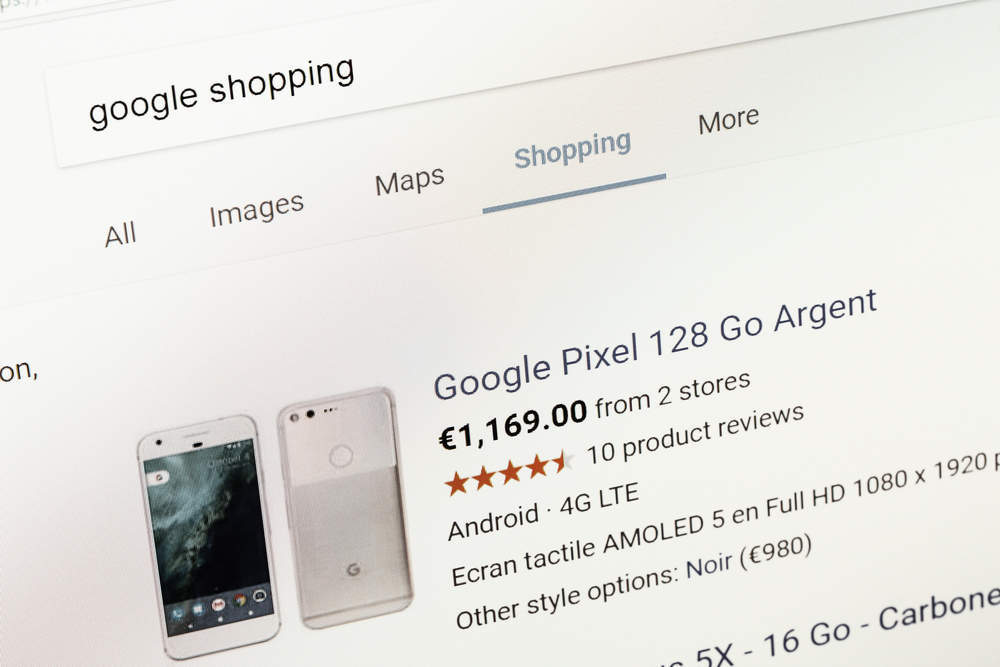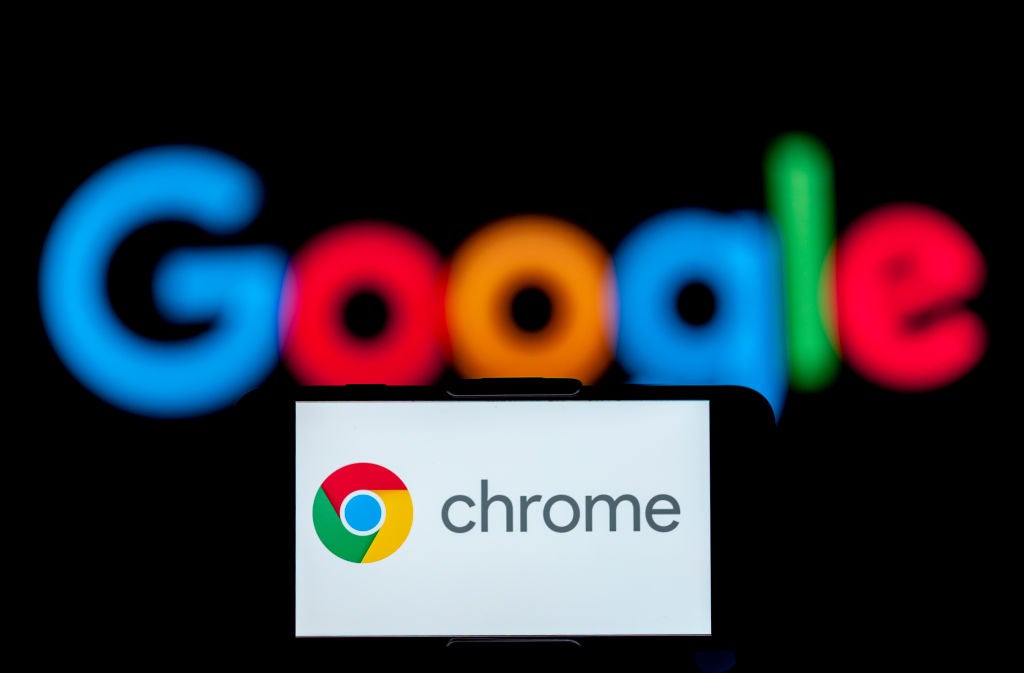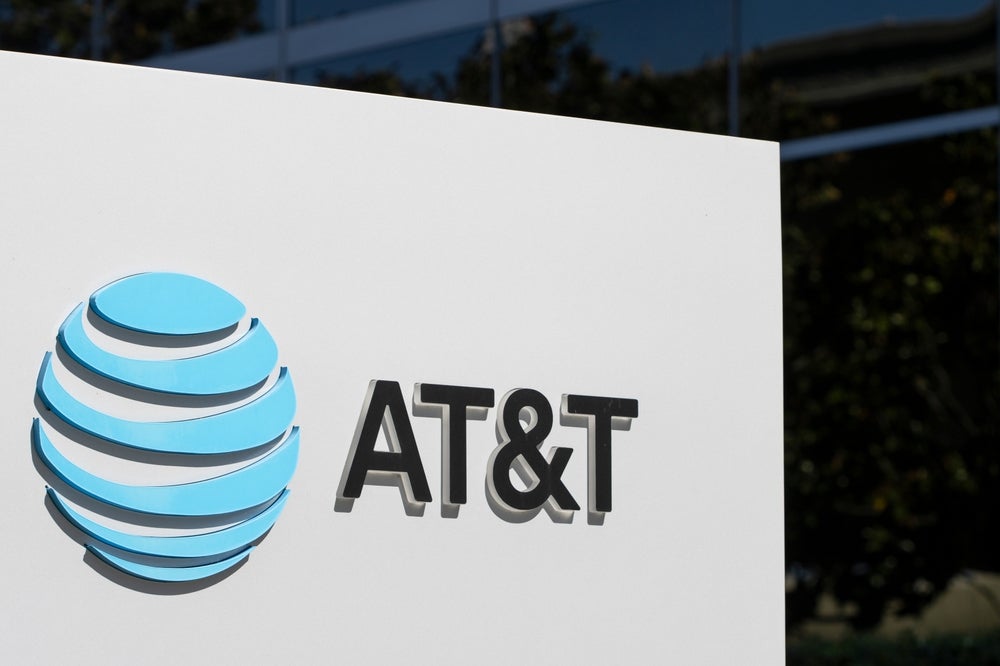Google has submitted details of how it plans to stop favouring its shopping service to comply with a European Union antitrust order.
The damage has though already been done.
The European Commission — the EU’s executive arm — fined Google a record breaking €2.42bn for breaching EU antitrust rules in June.
While the ruling could benefit consumers, as the increased visibility of other comparison sites may increase competition, the dominance Google Shopping has gained as a result of its market abuse over the years will not easily be undone.
Ruling
Google was found to have unfairly promoted its own comparison shopping service in its search results and demoting rival comparison shopping services.
The Commission has demanded that Google treat competitor sites in the same way as its own.
How well do you really know your competitors?
Access the most comprehensive Company Profiles on the market, powered by GlobalData. Save hours of research. Gain competitive edge.

Thank you!
Your download email will arrive shortly
Not ready to buy yet? Download a free sample
We are confident about the unique quality of our Company Profiles. However, we want you to make the most beneficial decision for your business, so we offer a free sample that you can download by submitting the below form
By GlobalDataGoogle has now submitted proposed changes to how it amends its price comparison service to comply with the antitrust ruling, without disclosing these proposed changes to the public or its rivals.
Impact to retailers and consumers
Google’s actions denied people the full benefits of competition, choice, and innovation.
This ruling could provide a wider benefit for consumers, especially as the increased visibility of other comparison sites may create the possibility of greater price and service competition.
Shoppers should now have access to a wider variety of rival comparison sites, such as Kelkoo and Foundem.
It may also provide a benefit for retailers as they are no longer dependent on a major gatekeeper, in this case, Google Shopping.
Retailers will have better opportunities to sign up to different sites, which they may have not have initially considered, to promote their products across Europe.
However, while Google has been found guilty of market abuse, the dominance it has gained as a result will not easily be undone.
The EU Commission found that Google’s comparison shopping service has increased its traffic 45-fold in the UK and 35-fold in Germany since 2008.
Contrastingly, the Commission found traffic of certain rival websites significantly declined by 85 percent in the UK and 92 percent in Germany.
And Google has meanwhile been improving its shopping site.
The search giant offers features including a wide variety of images and extensive product details and consumer reviews.
As rival sites have struggled to achieve such intense traffic growth, this has diminished ways in which they can invest to develop and improve their offer to lure consumers away from using Google Shopping.
With such frailty, the ruling may come too late for rivals to establish themselves as forceful competitors.








Related Company Profiles
Google LLC